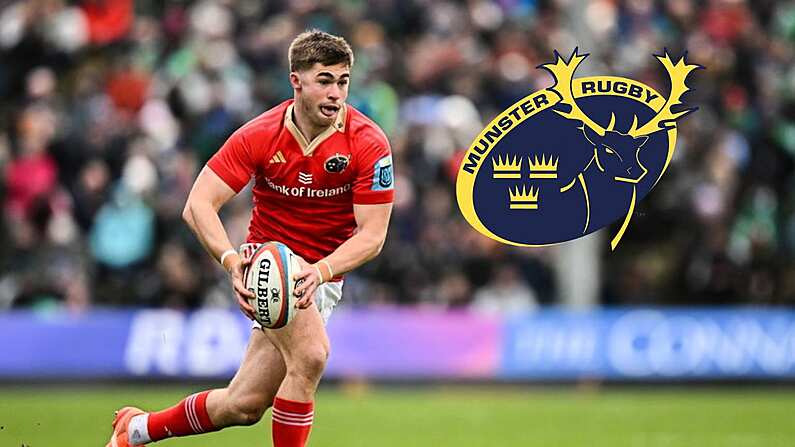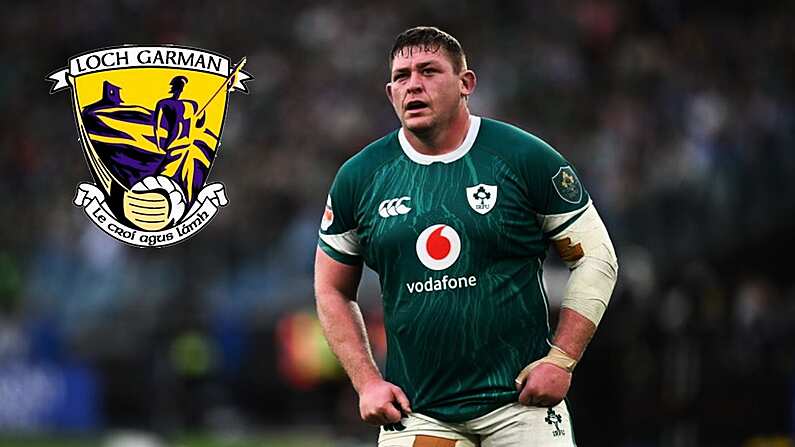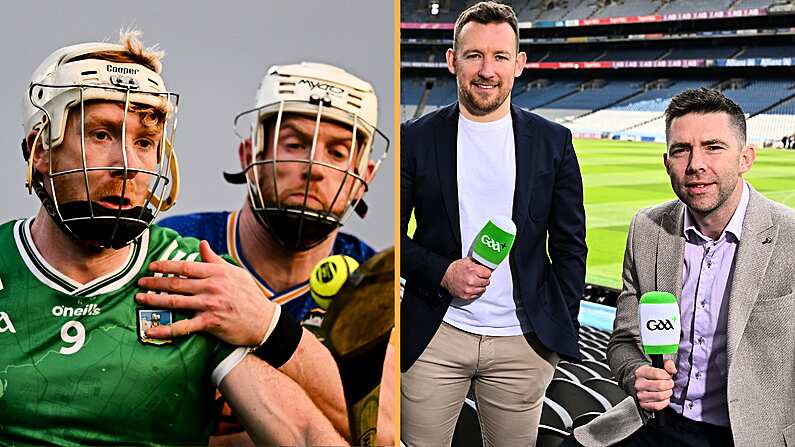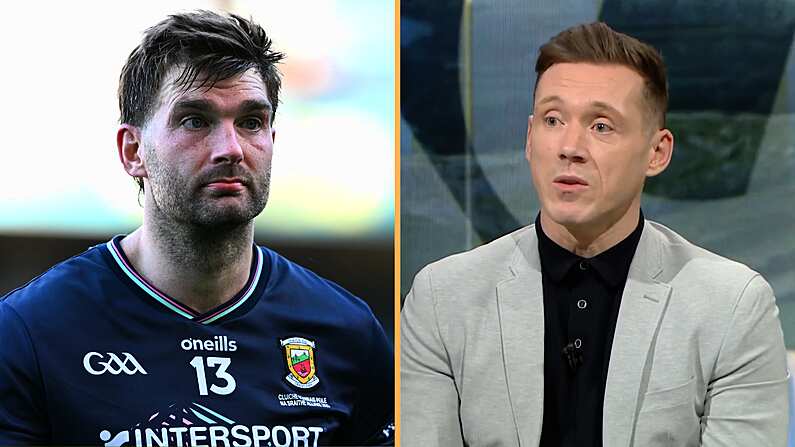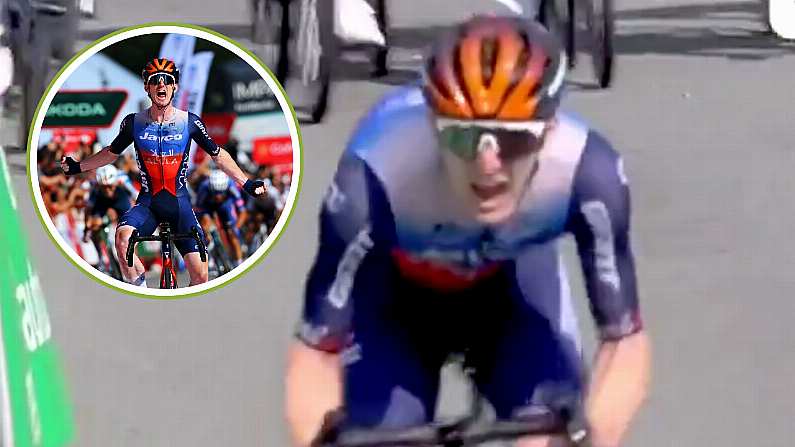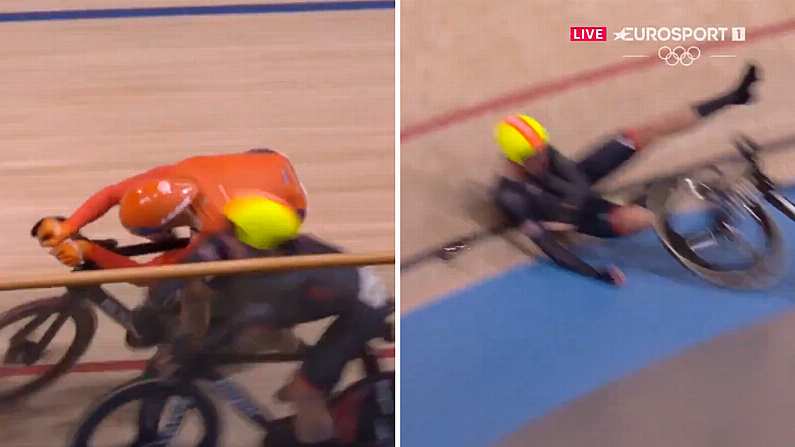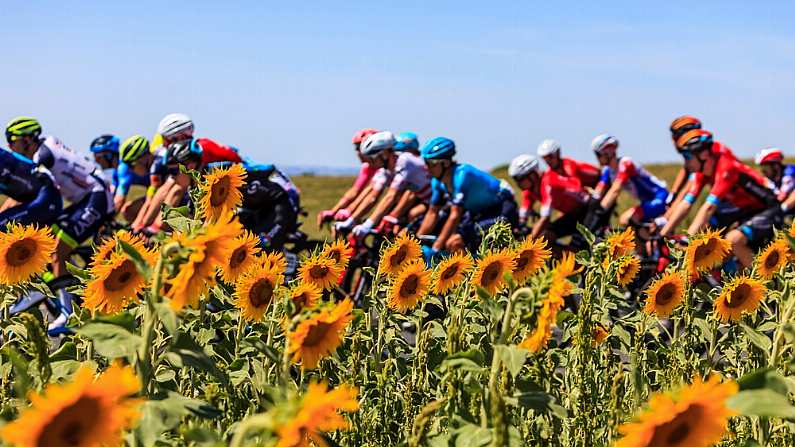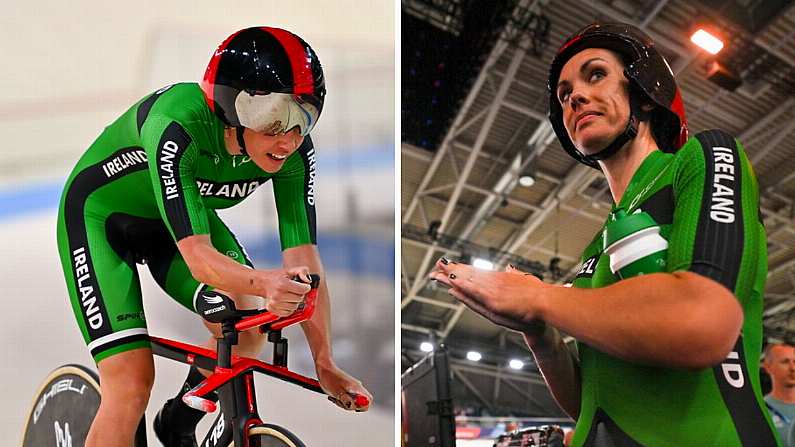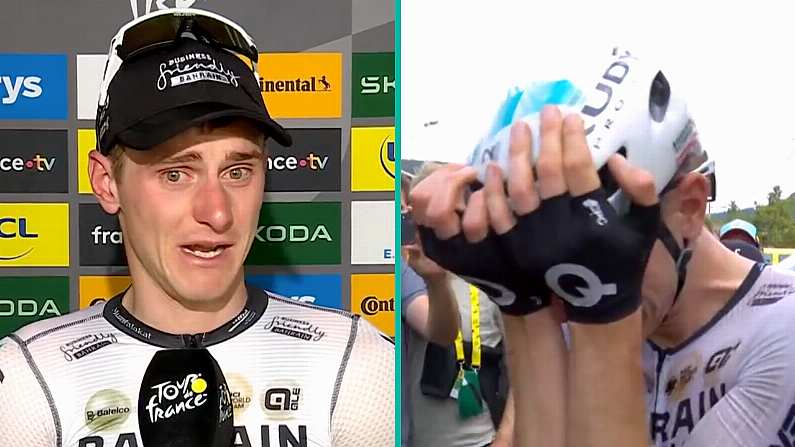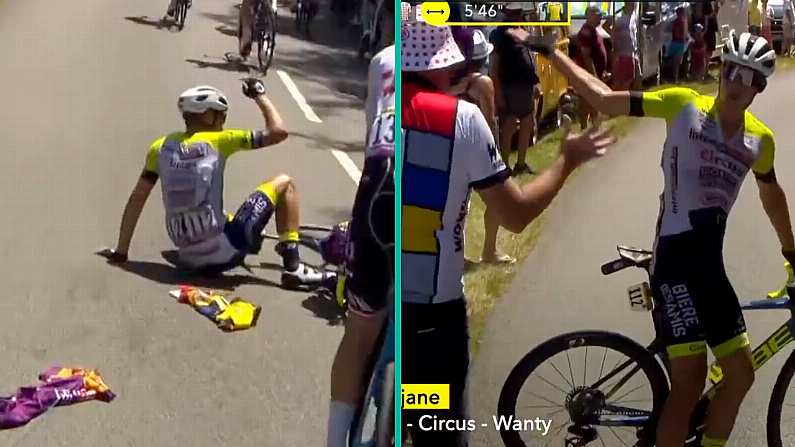Man mostly defines his own reality. Basic principles of psychology adhere to the rule of interpretation. What and how we think largely form the basis of our own journey through life, regardless of personal circumstances. From how we react to the worst kinds of adversity to how we interpret something like Oprah’s interview with Lance Armstrong, our individual, habitual lines of thinking usually dictate. And for anybody with a deficiency in empathy, Lance really didn’t make things easy. But then, his take on life has always been a little skewed.
He was as divisive and compelling as ever. There were grey areas naturally. Take the tears. Were they the hallmarks of a shamed man who remembered telling his 13-year-old son to stop publicly defending him? Or were they the high-point of a soulless, stage-managed performance bereft of any merit or sincerity? It’s been a point of debate since. A whole myriad of factors influence everybody’s personal hunch.
Of course, there are the less contentious points. It is irrefutable that Armstrong’s interview was deeply flawed. He lied. He lied by omission. He lied by evasiveness. And he most certainl just plain lied.
Most glaringly, he was adamant that he rode the Tour clean in 2009 and 2010. Adamant he finished third, clean. It is a deeply strange position for Armstrong to have put himself in. Already, WADA president John Fahey has reacted: "The evidence from the United States Anti-Doping Agency is that Armstrong's blood tests show variations in his blood that show with absolute certainty he was doping after 2005.” And yet Lance was adamant. We saw it. He stared Oprah down. He wanted to be very clear about this particular point. He wouldn’t tolerate any confusion on the matter. And frankly, it made little sense to anybody. Fahey did offer a plausible theory. “It struck me that the statute of limitations under U.S. law might be relevant and Armstrong would not want to admit to anything in regards to his comeback that might be picked up under the U.S. criminal code.”
Other parts of the interview are despicable. His refusal to comment on Betsy Andreu’s account of what happened at the Indiana University Medical Centre in 1996 is inexcusable. It is vindictive and nasty and bares all the characteristics of the same man who bullied Christophe Bassons off the Tour in 1999. There have been suggestions he is protecting one of the medical staff at Indiana. But, Oprah’s biggest failing was not to demand an answer to that question, not to tell Lance that this interview was his idea and he’d better answer one way or the other. But she didn’t, and he didn’t. And it was upsetting to watch Betsy on CNN afterwards. But hey, Betsy, he never called you fat.
There is another aspect to the interview which deserves reflection. Dick Pound, former President of WADA, waged war on Armstrong and the UCI during his tenure. He knew how much the whole thing stank. He left his post in 2007 claiming “Lance” was his only piece of unfinished business. Last weekend, he appeared on Newstalk Sport Saturday. ‘I don’t watch Grade B entertainment, and that’s what that was’ said Pound. And he’s right. Oprah was the wrong forum for a genuine and full admission. Oprah was not about the details. Oprah was not about the when and the where and the whom. Oprah and her audience aren’t interested in Michele Ferrari.
And that point should lead us to one of Lance’s favourite words. It’s a ‘process’, you see. ‘I’m in a process’. ‘It’s all part of a process’. ‘This is the first step of a long process’. Cue the rolling of eyes around the world. To hell with your process, it’s tempting to say. You’d better sit there and tell us every damn detail and apologise and exhibit some genuine contrition for the first time in your corrosive little life. But that’s not how it works. That’s where our interpretation of Lance-Oprah has to soften somewhat.
Let me bring in Daniel Coyle, author of ‘Lance Armstrong’s War’ and more recently Tyler Hamilton’s book, ‘The Secret Race’. Coyle was the guy in the room when Lance went on a David Walsh fuelled tirade, which Walsh emotionally revisited on the BBC World Service last Friday. Coyle was a journalist who spent, relatively speaking, a lot of time with Lance. He has seen ‘Lance the bully’ up close. He was also on Newstalk on Saturday and his experience is instructive. “People have to realise that this is an entire secret world that these guys have had buried inside themselves. They haven’t told their parents, they haven’t told their best friends from school, they’ve sort of denied it to themselves and so when Tyler [Hamilton] began to talk, it was like a faucet just trickling out drop by drop. And he did a bit of the same thing that Lance did where he would say, ‘Well I really didn’t dope much except for the Tour’, and then we’d go back and look at his journals and sure enough in March and April he was doping. He was unwilling, in the same way we saw from Lance, to really cop to it. We did 200 hours Skyping, and it was almost like sitting in confession, we never turned on the camera. He would just talk. We spent hours and hours and it was like digging out a city that had been buried under the sand; piece by piece, brick by brick, story by story. So the first interview is never going to be that revealing. The 100th interview might be. And that’s where the high-wire act comes into play. [It was] a huge mistake [for Lance] to do this in front of millions of people. This in an Everest of stuff… because this world was so complicated. You can’t just blurt it out in a short interview”
Something rings quite true about Coyle’s analysis. Perhaps the fairest way to digest Lance-Oprah is through the prism of his experience with Hamilton. It was the first step. It was clunky and stage-managed and some of Armstrong’s old habits held strong. But he admitted to doping. He admitted he doped for all seven wins. He admitted he was a bully. He admitted he was arrogant. He admitted he was a liar. He acknowledged that he doesn’t expect a whole heap of people to believe him just yet.
It is too easy to dismiss Lance-Oprah as an exercise in futility. But it’s far from enough. Forgiveness? Redemption? A comeback? No. The scale of the lie was too big, for too long.
Plus, there remains the nagging suspicion that, for him, this is all simply a means to a commercial and competitive end. History would suggest he is not sorry in any meaningful way. The most cynical would argue he doesn’t care all that much about the fall-out for his mother, ‘a wreck’, or his family. The conclusions and interpretations of people across the world have varied. That’s always been such an important part of this story.
Cycling and sport at large should use Armstrong in anyway they can to tackle doping. And maybe somewhere in the process, the awfulness of his cancer-shielded deceit might find some genuine traction in his thinking. That remains to be seen and will be hard for him to prove. A chat with Oprah resolves very little. His next move will be more interesting. What chance he’ll call WADA tomorrow and tell them he wants to get it all off his chest? Slim. The control freak is still there.
It’s a process.
Joe Molloy is a producer of Newstalk Sport Saturday/Sunday


